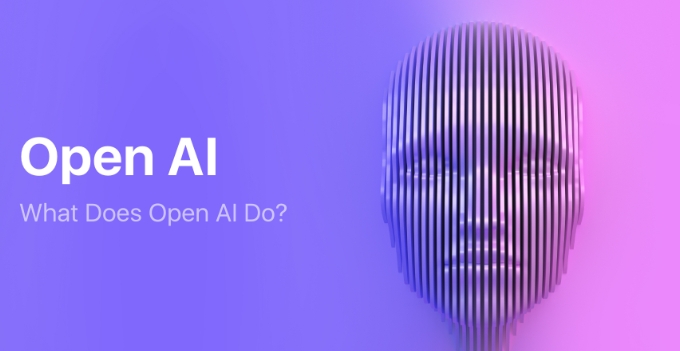Open Artificial Intelligence: Empowering Innovation and Collaboration
In an age where technology is revolutionizing our everyday lives, open artificial intelligence (AI) stands at the forefront of this transformation. By promoting transparency, accessibility, and collaboration, open AI is not only fostering innovation among experts but also democratizing the power of AI for everyone. This blog post will explore what open AI is, its benefits, and the challenges it faces.
What is Open Artificial Intelligence?
Open artificial intelligence refers to the development of AI technologies and resources that are made publicly available for anyone to use, adapt, or improve upon. This approach encourages a collective effort among researchers, developers, and organizations, aiming to democratize knowledge and tools. Projects like OpenAI and TensorFlow are perfect examples of this. They provide access to coding frameworks, datasets, and research to help anyone interested in machine learning and AI contribute to and benefit from these advancements.
Benefits of Open AI
One of the primary advantages of open AI is its potential to accelerate innovation. When researchers and developers collaborate, they can share best practices, solve problems more quickly, and avoid duplicating efforts. This collaborative environment helps in creating more robust and efficient AI applications. Moreover, open AI emphasizes ethical standards by allowing various stakeholders to review methodologies, which can lead to more responsible AI practices. Additionally, open AI reduces the barrier to entry for individuals and small businesses, enabling them to harness AI’s power without incurring vast costs.
Challenges and Considerations
Despite its advantages, open AI faces significant challenges. Ensuring data privacy and security is paramount, as public datasets can sometimes unintentionally expose sensitive information. Moreover, there’s the risk of misuse; if powerful AI tools fall into the wrong hands, they could be employed for harmful purposes. Lastly, the sustainability of open AI projects can be a concern as they often rely on community contributions and funding. Therefore, while the benefits are substantial, navigating these challenges is essential for the safe and effective advancement of open AI.
Conclusion
Open artificial intelligence represents a significant leap toward a more inclusive technology landscape. By prioritizing transparency and collaboration, it holds the potential to drive innovation and empower individuals and organizations alike. If you’re interested in learning more about open AI and how you can get involved, a vast array of resources and communities await you online. Embrace the opportunity to enhance your understanding and be part of this exciting technological revolution!

